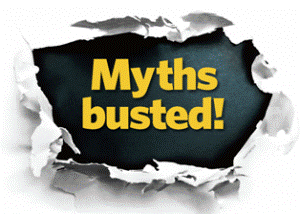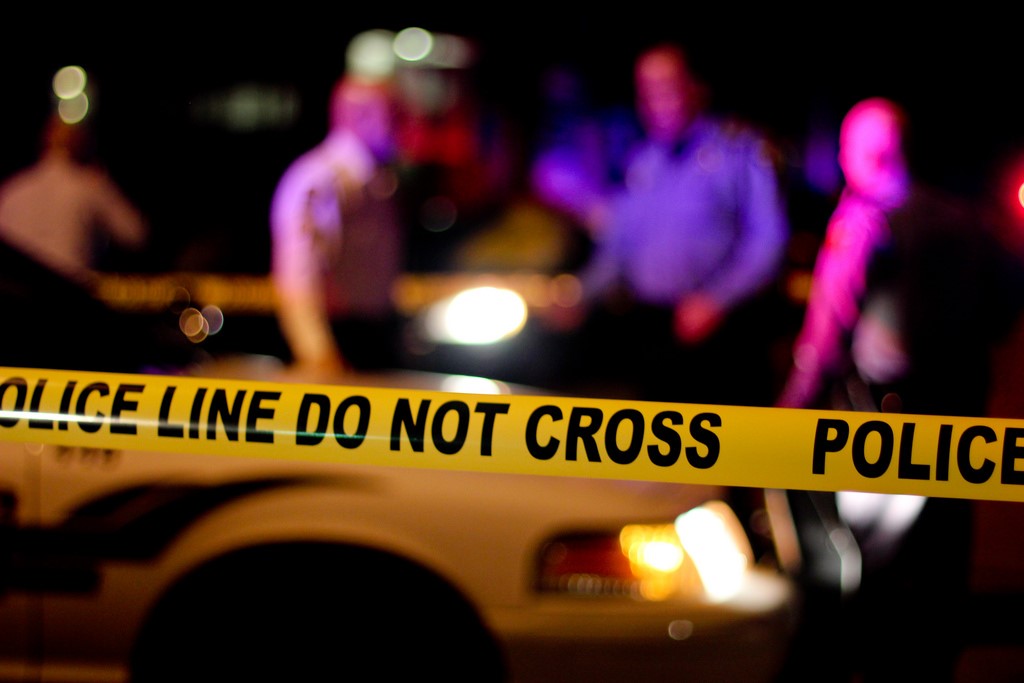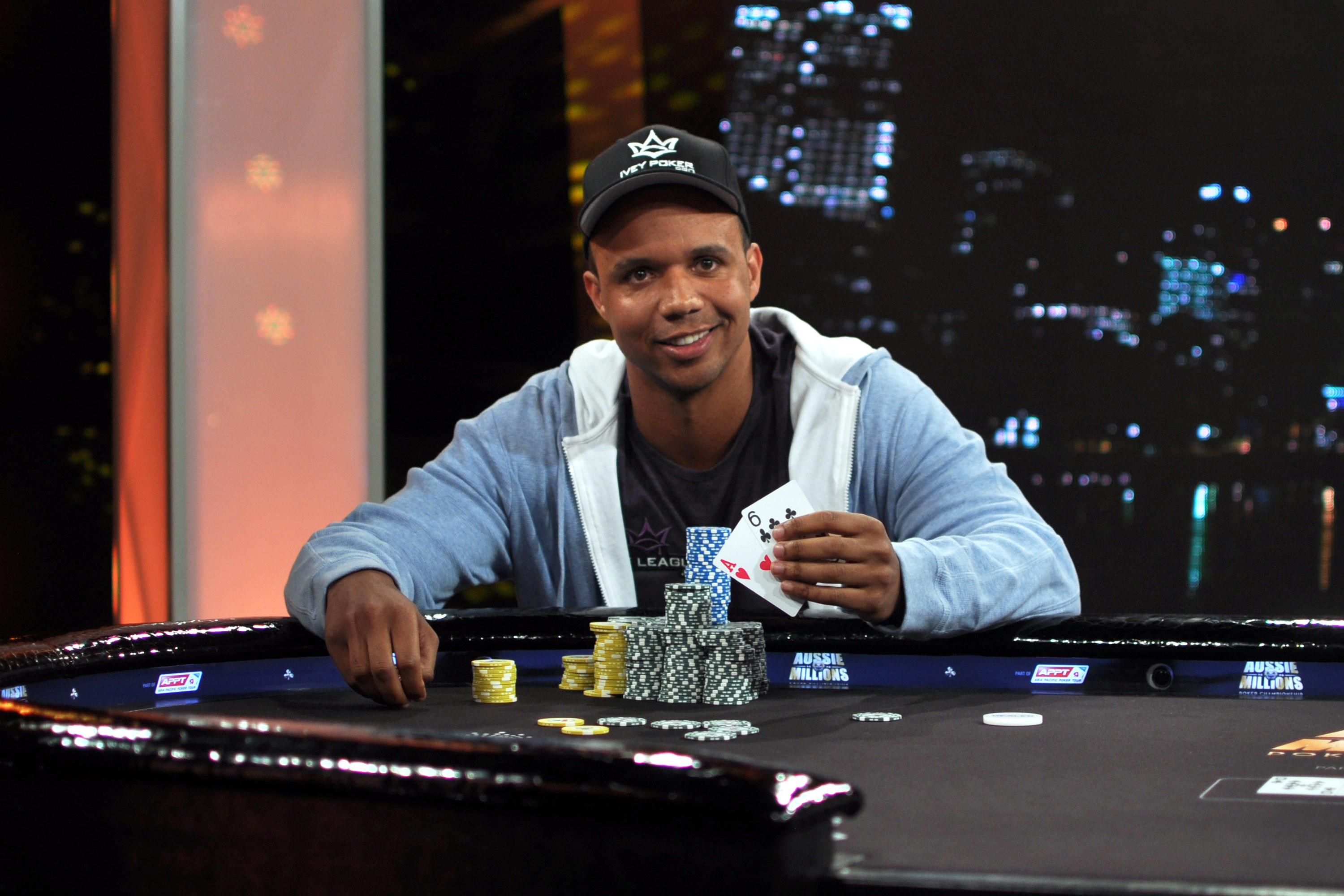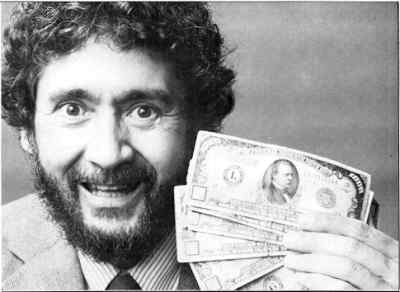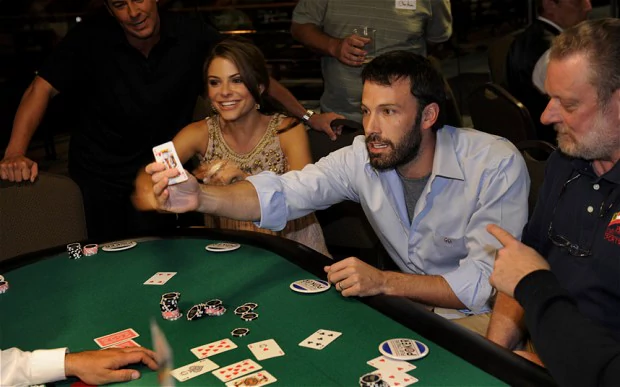Highlight: Smart marketing gimmicks of cheeky humor, wild political odds in a hyper-politicized decade, and billion-dollar alliances between the big league bookies of yesterday and the online gaming rookies of tomorrow. The kings of gambling have fine-tuned their strategies to survive the constant governmental assault on their operating licenses and to alleviate the pressure put on the world's gambling instinct.
The Irish pot of gold got the best of British when Paddy Power and Betfair merged on a £5bn-strong union to contend for the title of “the world's largest online gambling business”.
The deal gave birth to the Paddy Power Betfair, a stronghold in the industry worth 7,000 staff, £1.2bn in revenue and 588 betting venues in the UK and Ireland alone. The tie-up happened just over a year ago when the two former economic rivals let bygones be bygones and bonded in an effort to consolidate the gambling sector.
Master Blaster Mergers of the Gambling Industry
The Paddy Power Betfair affair wasn't exactly a roll of the dice. Other bookmaking businesses have been developing the blueprint in light of the 2017 political upheavals and the tight taxation regimes.
Governmental impositions on gambling licenses put many struggling bookmakers on the spot. The solution? Mergers and acquisitions. A united force of old wisdom and intrepid marketing strategies.
IGaming and online betting platforms, the new kids in Sin City, have been working overtime in the scrap to coax the brick-and-mortar, high-street bookies into enticing alliances. Not all succeeded, but the ones that did made the history books... of the stock markets.
Gala Coral and Ladbrokes did a Master Blaster worth £2.3bn in 2015, while Swedish online gaming operator Betsson purchased NetPlay TV for £26.4 million.
We won't even mention the moves made on the colossus William Hill by almost all big league bookies, such as Rank Group and 888. The moves constitute, as far as Britain's largest bookmaker is concerned, cheap harassment that "continues to substantially undervalue" the business.
Consequences of such mergers sometimes translate to an altered gambling landscape. How does the casino cartography look in Gibraltar today?
Paddy Power Betfair Walks Out Of Gibraltar
Gibraltar reins a gambling monopoly in Europe, just as Macau is recognized as the epitome of betting venues in Asia, Australia's Sydney maintains the highest rate of gambling in the world, and Las Vegas... well, who hasn't heard of the Christmas glitz and neon swarm that is The Strip?
The 6.7-square-kilometre rock pinning Europe into the Mediterranean Sea, in claiming no space for agricultural pursuits or endeavors in tourism, has been geographically calibrated to suit the landscape of the casino and offshore finance industry. 40 percent of its GDP comes its service-based economy.
Paddy Power Betfair was one of the dozen gambling barons to make the tiny rock their port of call, that is, until recently when it announced its withdrawal from the Gibraltar market.
A certain amount of speculation followed and suspicion fell on the territory's sovereignty status. Gibraltar and UK count as a single market in the eyes of EU laws so it was considered that Brexit might have undone Paddy Power Betfair's license on the rock.
The UK holds the cards for Gibraltar's gambling industry
While Paddy Power Betfair denied any links between the UK's Brexit vote and the company's exit from The Rock, concerns are raised as to how the British divorce from the EU will affect UK gambling operators remaining on the scene.
The Gambling Act 2005 sank its teeth hard into the thick-skinned industry, whom it obliged to acquire a license from the Gambling Commission in order to gain access – and advertising rights- to British customers.
The Gambling Bill in 2014 introduced even more stringent regulations, submitting online betting companies to a 15% Point of Consumption tax on the gross profits generated by British citizens, be them in the London or other worldwide locations from Gibraltar to Timbuctoo.
The overseas bookies had little choice but to agree to Westminster's rough approach to gambling, but as the new impositions also meant that the operators had to collaborate with the government on stamping out illegal betting, industry corruption, and gambling addiction, Paddy Power Betfair and others find it less worth holding on to the Gibraltar offices.
Paddy Power Betfair stated that its move had come naturally within the post-merger transition period. The bookmaker is recalling its overseas troops – the Isle of Man offices closed last June- and implementing a centralized business plan.
But unexpected and bewildering strategies fit the PPB's signature. In the end, we're talking about a tongue-in-cheek brand that reads, from beginning to end, like an Irish story full of four leaf shamrocks and leprechauns with pots of gold.
Paddy Power Before the Merger with Betfair
In 1988, three high-street Irish bookies tried their lucky hand at an expansion recipe that made the headlines of the day.
In the wake of a change in the Irish tax code that made the island fertile soil for invading British gambling operators, Stewart Kenny, John Corcoran, and David Power united their 40 betting shops under one entity: Paddy Power.
Vestiges of an old national trauma resurfaced as the UK made yet another claim on Ireland, only this time the offensive brought along British investors that had the house edge over the small-time Paddies.
Rather than crowding the gambling arena with obstructive, side-street betting shops, Paddy Power went glamorous with branded offices in the main cities of Ireland, also enlarging their media coverage in scope beyond horseracing reports.
By 2011, Paddy Power had become a force to be reckoned with in the gambling sector, boasting an annual income of €444m in 2010.
Four years later, the Irish bookie tied the knot with Betfair, the world's largest Internet betting exchange at the time.
The newly merged company headquartered in Dublin, but the alliance did not mean Paddy Power was going domestic, ready to renounce its controversial advertising silliness and the guerilla marketing tactics that put it on the industry map.
There's no such thing as bad publicity
Paddy Power seems to always fall on the receiving end of negative comments and torrents of complaint to the Advertising Standards Authority. Not undeservedly, though, considering the bookie's PR stunts.
And since it's almost irresistible not to stalk them all up, below we've chosen the most controversial Paddy Power advertisements.
Honorable mentions go to PP offering odds on the first marine species to go extinct as a result of an oil spill in the Gulf of Mexico, the extinction of the polar bear, or Trump having cosmetic surgery on his penis or “small hands”.
The Paddy Power Racing Grannies
The most complained about advert in 2012, Paddy Power's racing grannies caused quite a riot among the elderly punters. The company swore by the fact that the approaching car in the background was not meant to run over the old ladies.
Pledging to Tranquilize Chavs at the Cheltenham Festival
If Jason Statham would have agreed to play the expressionless hitman eliminating chavs with a tranquilizer dart for the 2012 racehorse Cheltenham Festival, maybe the advert could have survived 5 days instead of 4 on national television.
As always, Paddy Power issued no apology for insulting loutish ladies sporting fake tans and glamor bling.
Oscar Pistorius Murder Verdict
On the contrary, the bookie is wearing the ASA ban as a badge of honor. And 2014 marks a special year as PP managed to score the title for “most complained ad ever” with its Oscar Pistorius gimmick.
The bookmaker bets on the outcome of the Pistorius murder trial, offering odds that the athlete will not be convicted of the premeditated murder of his partner Reeva Steenkamp.
The Advertising Standards Authority said the PR stunt belittled "issues surrounding a murder trial, the death of a woman and disability."
Trumped by Trump
 Paddy Power couldn't resist kicking the political doors down during the US Presidential elections in 2016, even at the risk of getting smeared in the face by the proverbial political egg.
Paddy Power couldn't resist kicking the political doors down during the US Presidential elections in 2016, even at the risk of getting smeared in the face by the proverbial political egg.
That happened when PP listed Brexit odds showed a 90% chance of the UK staying in the EU, but their unforgettable blunder happened when the bookie lost $4.5 million on a Trump victory.
Paddy Power paid out $1 million to punters who bet on Hillary Clinton in the 2016 US presidential elections, not contemplating that Trump would get the White House edge in a time of reviving nationalism and xenophobia? Apparently, not.
At the time, they could have paid closer attention to Irvine Welsh's inflamed commentaries that PP itself employed to run an analysis on the volatile political landscape. Or, they could have come up with the position of “head of Trump betting” pre-elections.
In 2016, Paddy Power Betfair was undeterred by their massive multi-million dollar loss and announced a dedicated Trump betting hub in Dublin. At the time, they looking for a candidate with an “ability to detect fake news” and an “awareness of the “national security situation in Sweden”.
The individual was required to harness data concerning the recently elected US President- from press conferences, tweets, and “general idiocy”.
As it moves online- where its annual revenues count for 80% of the business- Paddy Power Betfair continues to apply its now branded dark humour. One change will be that the Irish-green posters throwing a funny one at the passerby will not be spotted on the Gibraltar rock anymore.















